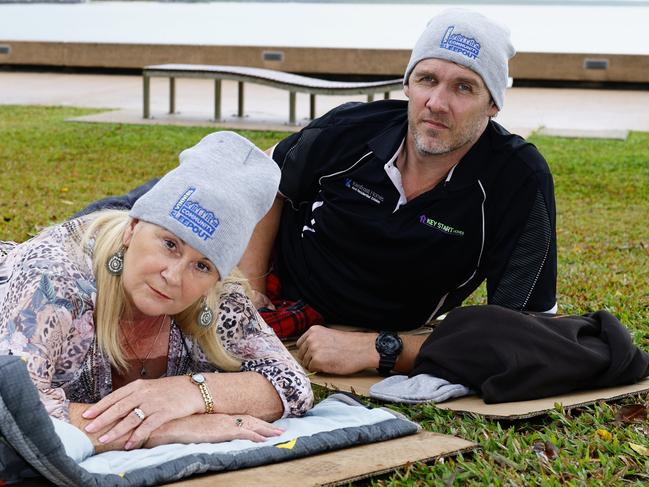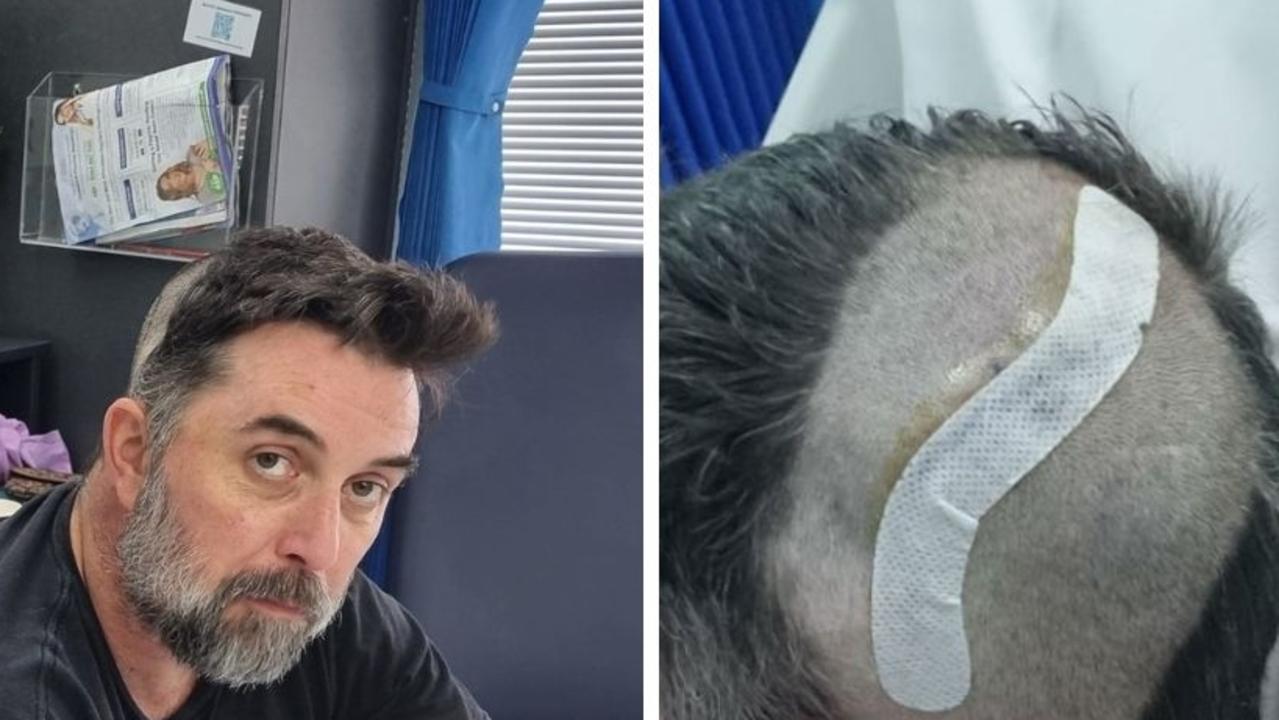National Homelessness week shines light on Southern Downs
Cost of living pressures continue to soar, rental vacancies are at an all-time low and motels are filled with shift workers – this is the shocking reality for Southern Downs residents searching for a place to live.

Community News
Don't miss out on the headlines from Community News. Followed categories will be added to My News.
Cost of living pressures and the ever-growing rental crisis are continuing to push more Southern Downs residents to the brink of homelessness.
Data from not-for-profit organisation Vinnies Queensland shows there are currently 52 Southern Downs residents who are homeless or facing a very high risk of becoming homeless.
The organisation’s housing and homelessness services area manager, Karen Roberts, said the region had seen a 16 per cent increase in services over the past year.
“Of the people coming to us for help, we’re seeing many new faces and families with steady incomes who are falling behind, as the costs of living continue to steady,” she said.
These pressures were exacerbated by the recent release of the Southern Downs budget, which included a general rate rise above five per cent.
The shocking statistics have been released during National Homelessness Week to shine a light on the growing problem.
Despite the Vinnies Warwick branch limited to only two staff members, they have assisted more than 3000 Southern Downs residents just in the past year.
But the organisation is hamstrung in some areas like housing.
State government funding models mean the organisation is stretched in its capacity to source both transitional and long-term housing options – despite the rental crisis being at an all-time high.
“We have an amount of money that we’re allocated for this financial year, which gives us a guide of three to four families at any one time that we can maybe put up in a motel and support them to try and find long-term sustainable housing,” Ms Roberts said.
The increase of infrastructure projects in the region has also meant motel vacancy rates in Warwick at an all-time low.
“It’s very, very hard to house families in motels in Warwick because of the shift workers, the motels seem to be booked out and at times we’ve had to put families in motels in Toowoomba,” she said.
Vinnies Warwick homeless support worker Dale Mann said the requests for services across the region varied, as residents were facing a combination of stressors.
“Homelessness has so many causes; there’s causes of poverty, unemployment, family breakdown, mental illness, addictions, financial difficulty and even social isolation that contribute,” she said.
“That’s why we take a very holistic approach, everyday we’re just not sure what people are going to come through the door with that identified issue.”
Ms Mann said the not-for-profit had noticed an increase in support requests of women aged over 55, as well as those on government income supports in the region.
“I’ve been here 12 years and definitely people who are on income support have been priced out of our local (rental) market and it’s very difficult for them to get an entry into the private market through real estate agents,” she said.
Both women said the future approach to targeting homelessness in the region needed to remain holistic.
“It’s not just a targeted ‘homelessness’ response, it’s targeted holistic response, so more mental health services on the ground, more drug and alcohol addiction and rehab facilities, and housing stock,” Ms Roberts said.
“When someone is homeless, they have all of those other underlying issues that will never improve without a home.”
Ms Mann said the astigmatism around “homelessness” and its general negative connotations were still very much prevalent.
“There’s a real stigmatism around homelessness too, because it implies that someone is ‘dangerous’ or untrustworthy and they deserve to be on the fringe,” Ms Mann said.
“We’ve simply got a lot of people who are just houseless, they just need a home.
“That holistic approach is making sure that when people do come to a homelessness service, the experience they get here is one that makes them feel like they’re a dignified member of the community.
“They deserve the respect and tolerance that everybody else gets and there shouldn’t be that astigmatism of reaching out during those times when things are really, really rough.”
More Coverage





